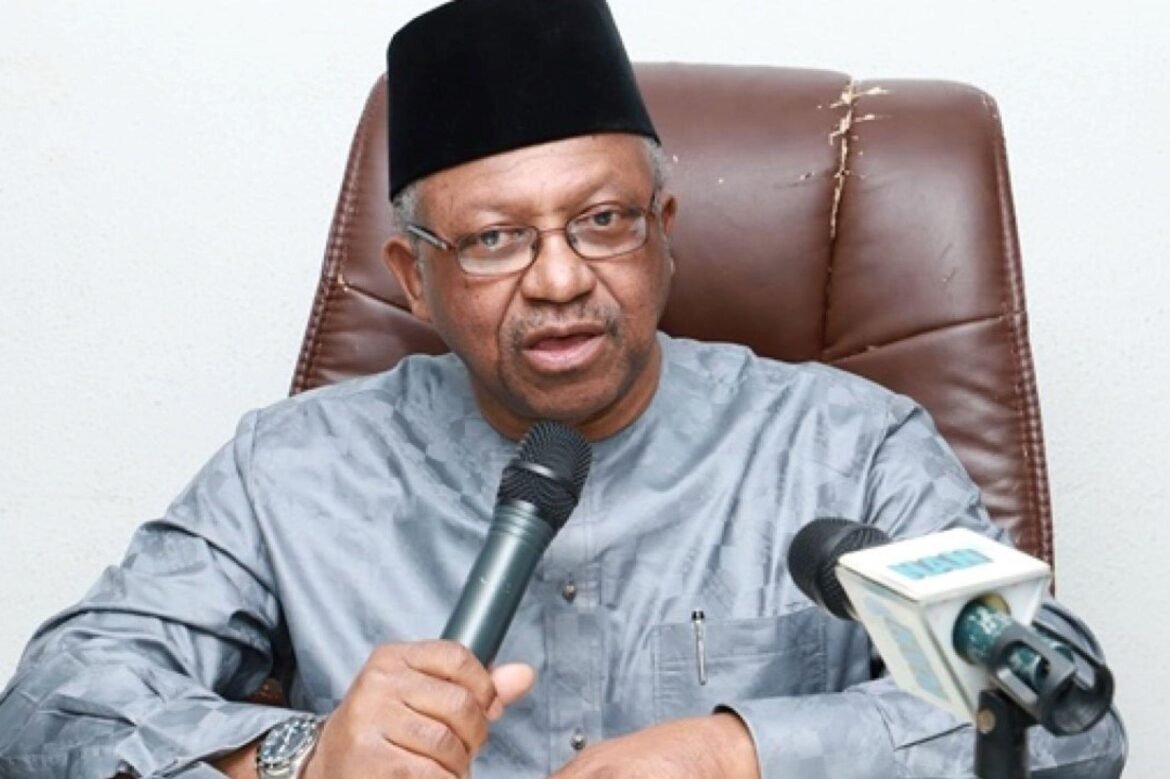As of December 28, 2020, Africa was the only continent where a single shot of the coronavirus vaccine had not been administered on anyone.
It could remain like that for some time to come.
Some countries on the continent are still talking about using local herbs in place of the scientifically proven vaccines as protection against the pandemic.
Tanzania’s health ministry has vowed not to import any vaccines.
They are still touting the Madagascar COVID-19 herb remedy, with claims to start clinical trials for their own herbs.
The countries that aren’t peddling fantasies of herbal concoctions are setting unrealistic timelines for when a public rollout can be made for a vaccination exercise.
And yet, for every day that is lost without a plan to get, at least the most vulnerable vaccinated, someone out there is dying of COVID-19, either in a health facility or alone at home.
With this attitude, no one should need convincing that most countries in Africa will not achieve the 70 per cent vaccination rate needed to reach herd immunity.
Only the overly optimistic would take Osagie Ehanire, Nigeria’s minister of health, at his word that the country would receive its first batch of COVID-19 vaccines in January 2021, when countries in the West are still scrambling to order enough doses to cover 50 to 70 per cent of their populations.
Many of these countries made down payments in the hundreds of millions of dollars for millions of doses of yet to be developed vaccines as far back as six months ago.
They even funded the research by scientists and the pharmaceutical giants that have now developed the handful of vaccines that are publicly available.
From the various vaccine makers that have shown potential, the European Union has signed contracts to buy two billion doses of the vaccines for its 450 million citizens.
That is twice the number they need.
The United States on its part, has given both Pfizer-BioNTech and Moderna $4bn each to both purchase the vaccines and in funding for the research that developed them. Both companies are each expected to deliver an average of 25 million doses every month to the US starting from December.
Only the overly optimistic would take Osagie Ehanire, Nigeria’s minister of health, at his word that the country would receive its first batch of COVID-19 vaccines in January 2021, when countries in the West are still scrambling to order enough doses to cover 50 to 70 per cent of their populations
With a population of 329 million, the US has ordered enough doses for 200 million people and does not expect delivery of all the 400 million doses until the end of July 2021.
And as long as countries of the European Union and the United States of America are still on queue to receive vaccines as soon as they are manufactured, the waiting period for countries like Nigeria will be longer than expected.
Besides, the health minister was relatively vague about the quantity, and which vaccine he is expecting in January.
That there is a waiting list doesn’t mean Ehanire won’t be looking to secure enough doses to protect himself and the people in government.
Doctors, nurses and health care workers in some US cities are at war with one another over who should get vaccinated first.
There was supposed to be a plan, a priority list of who should be first to get vaccinated in phase 1 of the roll out, which has some two million people on the list in the state of New York.
Healthcare and nursing home residents were meant to be first in line.
Even within that group of health care workers, top priority was given to the most at risk doctors and nurses, those in emergency rooms and intensive care unit that were in line to get vaccinated first.
That wasn’t how it happened.
It was every man for himself. Attempt to fix the problem started only after some doctors expressed bitterness watching people who spent the pandemic working from home get the first shots.
But at least in countries where the vaccination exercise has started, there are priority lists, and they have been in place for several months.
What happens in countries where no plans have been made for the exercise and no national data exists for those with underlying health conditions, where they are and how to reach them?
In Nigeria, hospitals hardly share records on the number of cancer patients they treat or the illnesses they confronted with, even when it is a rare and infectious disease.
The way Nigeria works, long before the government officially rolls out the coronavirus vaccination exercise; the president and his entire family, the vice president and his family would have privately been vaccinated from the pandemic that has now infected 80,000 citizens and taken the lives 1,200 of them.
Going by available data and rate of infections, one state that will not be needing vaccines is Kogi
The death toll in the 10 months the pandemic has raged in Nigeria is less than the average daily deaths recorded in the U.S.
Still, deaths are being recorded in Nigeria every day and you can never know who will be next.
So, we should expect ministers, presidential aides and their families to be the first in line to receive the vaccine.
And the moment senators cry out that the executive is neglecting its responsibility to protect citizens from the virus, it likely be because they are being left out of the early receivers of the vaccine.
Other countries have done the hard work of ensuring that the vaccines that have so far been approved and recommended by the World Health Organization, are safe and work to develop immunity from the coronavirus.
There is a good chance Nigeria won’t be buying any vaccines independently, outside of what it has committed to with the donor funded initiative led by the World Health Organisation, Coalition for Epidemic Preparedness Innovations and GAVI.
The initiative has paid for some 1.3 billion doses to distribute between 92 low and middle income countries.
Ehanire, has shown that Nigeria is almost entirely dependent on this COVID-19 Vaccine Global Access Facility of WHO.
The alliance will distribute vaccines to the low-income countries with a target of providing enough doses for at least 20 per cent population of each country.
In Nigeria, that will mean 40 million citizens.
Who will make up the 40 million citizens in Nigeria that will get vaccinated?
There is also the question of which states should be top priority for vaccination.
Going by available data and rate of infections, one state that will not be needing vaccines is Kogi.
Half of Nigeria’s 200 million citizens are less than the age of 19.
Bill Gates, who has funded a number of the research to study and develop vaccines for the COVID-19 thinks one reason the virus hasn’t hit the African continent as hard as it has other places is because of the young population.
If NCDC data shows him to be right about who in Nigeria is getting infected and who is dying, then the bulk of the 40 million Nigerians to get vaccinated should be those older than 55.
That is after putting doctors, nurses and other health workers into consideration.
The Nigeria Medical Association (NMA) puts the number of doctors at 40,000.
The country also has about 240,000 nurses and midwives. Nigeria has an estimated 4 million citizens living with diabetes.
They are some of the most vulnerable groups contracting and dying from the virus.
Abba Kyari, the late Chief of Staff to the President, and one of the earliest casualties of the pandemic was known to have been diabetic.
There are also thousands of Nigerians going through treatment for cancer, heart disease.
If the Nigerian government cannot afford to vaccinate 70 per cent of the population, it should make the aged and those underlying health condition the priority.








